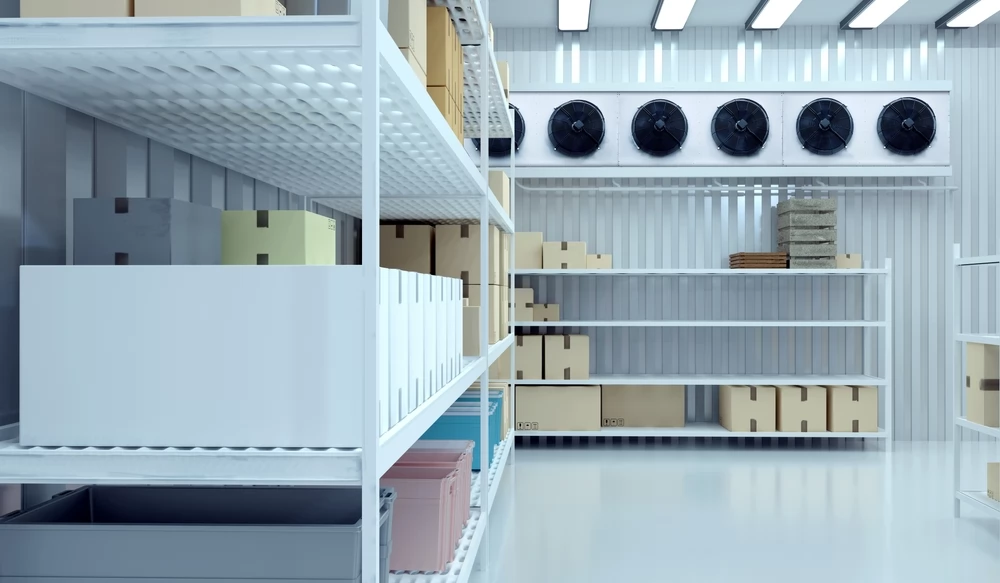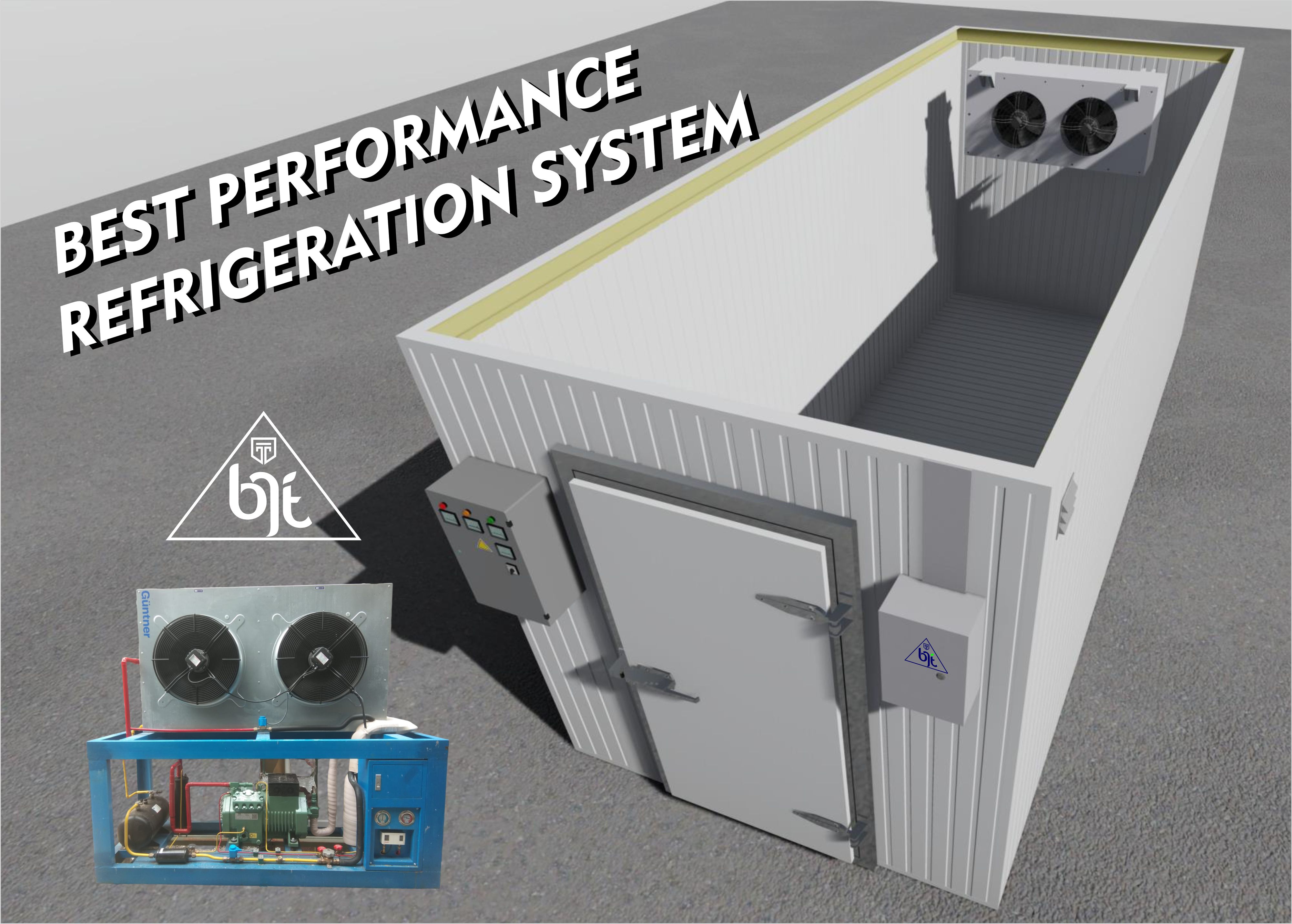
Unlocking the Power of Cold Storage for Optimal Preservation
Introduction: Understanding the Significance of Cold Storage
In the realm of modern logistics and supply chain management, cold storage plays a pivotal role in ensuring the quality and longevity of perishable goods. From pharmaceuticals to food products, maintaining specific temperature conditions is essential to prevent spoilage, preserve freshness, and uphold safety standards. At its core, cold storage facilities serve as a critical infrastructure for various industries, facilitating the seamless transition of goods from production to distribution.
The Mechanics Behind Cold Storage Systems
Refrigeration Technology: The Heart of Cold Storage Facilities
In cold storage facilities, advanced refrigeration systems act as the backbone, regulating temperature and humidity levels to create optimal storage conditions. These systems utilize a combination of compressors, evaporators, and condensers to extract heat from the environment, effectively cooling the storage space to the desired temperature range. By employing cutting-edge refrigeration technology, cold storage facilities can maintain precise control over temperature fluctuations, ensuring consistency and reliability in preservation efforts.
 Insulation: Safeguarding Against External Factors
Insulation: Safeguarding Against External Factors
Another crucial component of cold storage infrastructure is insulation, which serves to minimize heat transfer between the interior and exterior environments. High-quality insulation materials, such as polyurethane foam or fiberglass, form a barrier that prevents thermal energy from infiltrating the storage space. This insulation not only helps maintain stable temperature levels but also reduces energy consumption, making cold storage facilities more cost-effective and environmentally sustainable.
Applications of Cold Storage Across Industries
Food and Beverage Industry: Ensuring Freshness and Safety
In the food and beverage industry, cold storage plays a fundamental role in preserving the quality and safety of perishable products. From fruits and vegetables to dairy and meat products, maintaining appropriate temperature conditions is essential to inhibit bacterial growth and extend shelf life. By leveraging cold storage solutions, food manufacturers and distributors can minimize waste, mitigate the risk of contamination, and deliver fresh, high-quality products to consumers worldwide.
Pharmaceutical Sector: Protecting Product Integrity
For pharmaceutical companies, maintaining the integrity of medications and vaccines is paramount to ensuring efficacy and patient safety. Temperature-sensitive drugs require stringent storage conditions to prevent degradation and maintain potency over time. Cold storage facilities equipped with precise temperature control mechanisms provide a secure environment for storing pharmaceutical products, safeguarding them against adverse environmental factors and preserving their therapeutic value.
Biotechnology and Research: Preserving Biological Samples
In biotechnology laboratories and research facilities, the preservation of biological samples is essential for ongoing experimentation and analysis. From cell cultures to DNA samples, maintaining low temperatures is critical to preventing cellular degradation and preserving sample integrity. Cold storage units equipped with specialized features, such as ultra-low temperature freezers, offer researchers a reliable means of storing valuable biological materials for extended periods, supporting advancements in scientific discovery and innovation.
The Future of Cold Storage: Innovations and Trends
Automation and Robotics: Enhancing Efficiency and Precision
As technology continues to evolve, cold storage facilities are embracing automation and robotics to streamline operations and enhance efficiency. Automated storage and retrieval systems (AS/RS) and robotic palletizers enable faster handling of goods, reducing labor costs and minimizing the risk of human error. These advancements not only optimize warehouse processes but also improve inventory management and order fulfillment, paving the way for increased productivity and scalability in cold storage operations.
 Sustainable Practices: Driving Environmental Responsibility
Sustainable Practices: Driving Environmental Responsibility
In response to growing concerns about climate change and resource conservation, cold storage providers are embracing sustainable practices to minimize their environmental footprint. From energy-efficient refrigeration systems to eco-friendly packaging materials, companies are implementing initiatives aimed at reducing waste and lowering carbon emissions. By prioritizing sustainability, cold storage facilities can not only reduce operational costs but also demonstrate corporate responsibility and appeal to environmentally conscious consumers and stakeholders.
Conclusion: Harnessing the Potential of Cold Storage Solutions
In conclusion, cold storage serves as a cornerstone of modern supply chain management, enabling the safe and efficient preservation of perishable goods across various industries. Through advanced refrigeration technology, meticulous temperature control, and innovative storage solutions, cold storage facilities empower businesses to maintain product quality, extend shelf life, and meet the demands of an ever-evolving market landscape. As we look to the future, continued innovation and sustainability will drive the evolution of cold storage, ensuring its continued relevance and impact in a dynamic global economy.
